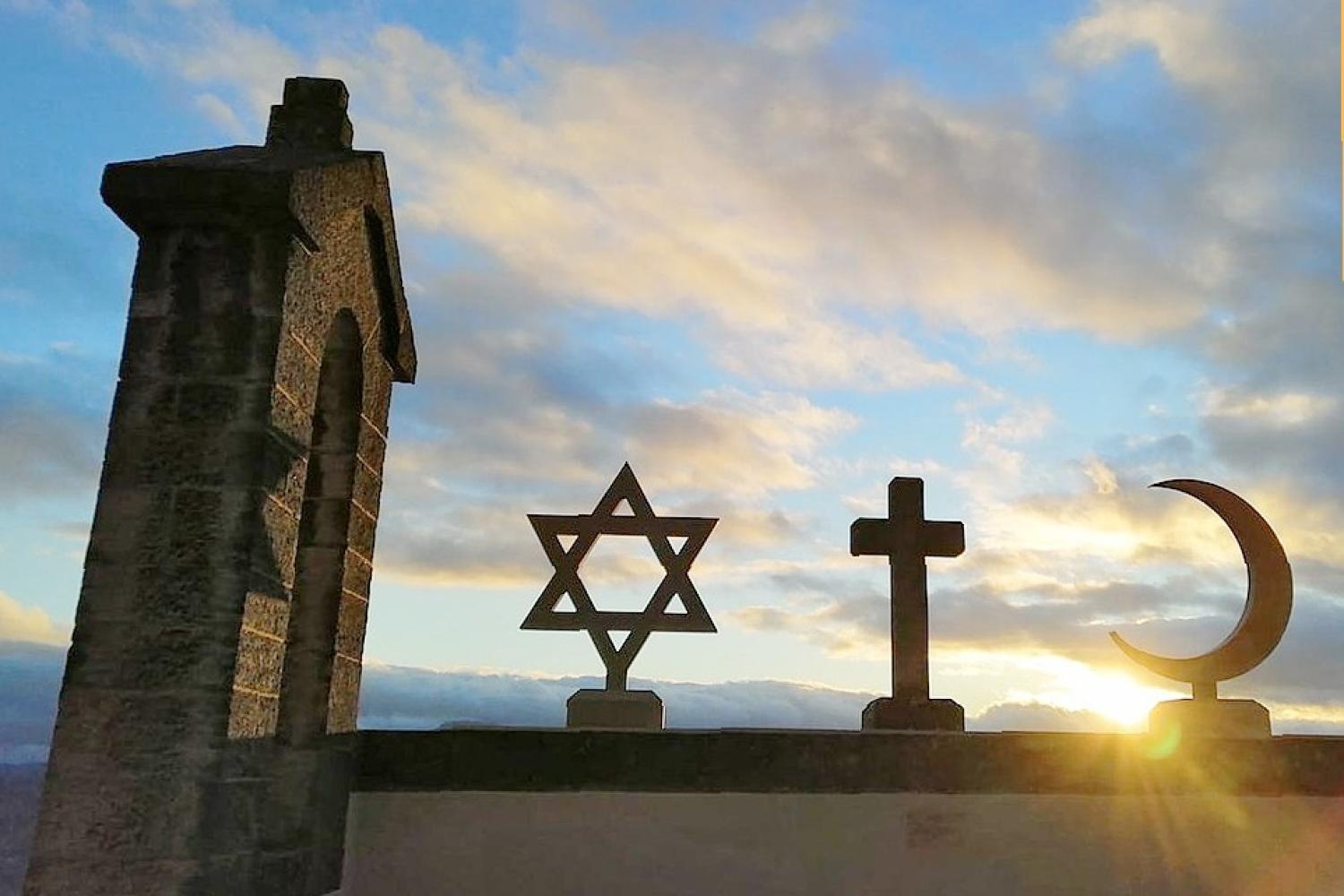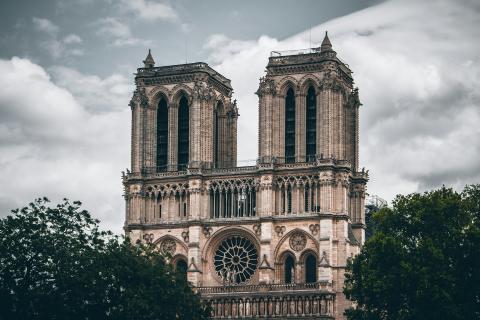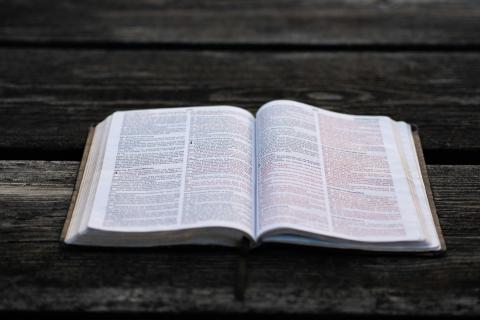
The Holy Father’s recent visit to East Asia among many peoples who are predominantly of non-Christian religions brings to the fore the long-discussed question of the proper attitude to take in dealing with other faiths. A few off the cuff remarks have made those questions especially pressing – with Archbishop Charles Chaput, for instance, offering his own thoughts on those remarks here – but in an age often emphasizing interreligious dialogue and ecumenism, they really are good questions, worth weighing in their own right.
There are times when Christians can find themselves especially susceptible to wanting to give other faith traditions as much credence as possible, honoring their expression of the fundamental “human yearning,” as Archbishop Chaput puts it, “for something more than this life” by affirming their religious systems as a real path to the divine. The impulse is toward a kind of intellectual charity, even a muddled sense of intellectual humility about how much we ought to insist we’re the sole recipients of the right set of religious beliefs. But it’s important to remember that an insistence on Christianity’s truth, its place as the one path to the only true God, is meant to serve the yearning the Archbishop marks, not to simply diminish others’ belief systems.
Indeed, several years ago the Church outlined several “presuppositions” in Dominus Iesus that put Christians especially at risk of diminishing the pearl of great price they possess in Christ and the Gospel – relativism, for instance, where what is true for one person may not be regarded as true for others; or an insistence on the “elusiveness and inexpressibility of divine truth, even by Christian revelation”; or a tendency to read and interpret Scripture outside the guidance of the Tradition and Magisterium. These presuppositions, the document notes, make Christian revelation and the mystery of Jesus “lose their character of absolute truth and salvific universality.” To insist upon what is “absolute” and “universal” is not to be narrow-minded or self-absorbed. Rather, it is to hold firm to the promise that for those avidly hungering for their redemption, we can be certain of where it will be found.
Modes of intellectual charity, in other words, can sometimes get confused in the midst of interreligious dialogue, and it’s important for faithful Christians to stay clear on what that kind of charity actually entails: not, at its deepest level, affirmations of belief systems that will bring some surface-level feelings of respect and camaraderie, but the tremendous gift of firm and abiding clarity about where our salvation is had. To insist upon Jesus and the Gospel of Christ as the one path to our true heavenly Father is to genuinely act for all our religious neighbors’ good. And it’s at the heart of our task as faithful Christians the Lord has sent out, to bring the Good News to the ends of the earth.
What would Christopher Dawson, a Catholic historian whose insights shaped the Catholic Studies project, have to say about religion and revolution in the modern age?
A silent disco at Canterbury Cathedral and an upcoming rave at Peterborough Cathedral reveal a great pathology of our age: childishness.
Autonomous weapons capable of identifying and engaging human targets (lethally) without direct human intervention have been deployed on the battlefield in recent years. This raises pressing moral concerns.


